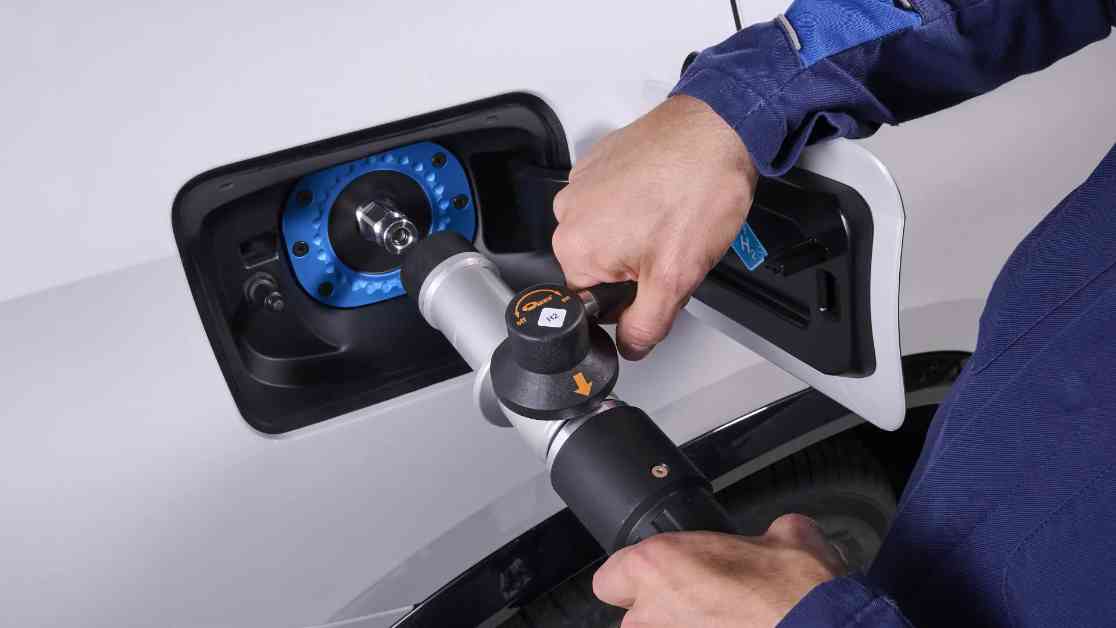BMW is optimistic about the future of hydrogen fuel cell technology in the automotive industry. According to BMW, hydrogen fuel-cell electric vehicles (FCEVs) are not intended to replace battery-electric vehicles (BEVs), but rather to coexist alongside them. The company believes that both technologies can cater to different needs and preferences of consumers.
While many car manufacturers have focused solely on electric power for all types of vehicles, BMW sees the value in investing in both battery-electric and hydrogen technologies. They argue that BEVs are best suited for smaller passenger vehicles and urban transport, while FCEVs are better suited for larger vehicles like utes, vans, heavy trucks, aircraft, and ships.
The quick refueling time of hydrogen fuel-cell vehicles, which can be refilled in three to four minutes, makes them a viable option for drivers who need to cover long distances or tow heavy loads. Additionally, FCEVs emit only water as a byproduct, making them environmentally friendly.
BMW acknowledges that infrastructure is a key challenge for the widespread adoption of hydrogen fuel-cell vehicles. The company believes that local ecosystems will naturally evolve to support the infrastructure needed for FCEVs. Governments can also play a role in supporting the roll-out of hydrogen vehicles by offering incentives such as free parking or tolls for hydrogen-powered vehicles.
The executive from BMW mentioned that the company is currently trialing hydrogen fuel-cell technology with the iX5 Hydrogen prototype. This prototype, powered by a 125kW fuel cell and a 170kW battery pack, aims to test and develop hydrogen technology for potential future production models. While BMW has not made a final decision on whether to proceed with hydrogen fuel-cell technology, they are preparing to potentially introduce hydrogen-powered vehicles to showrooms in the second half of the decade.
In conclusion, BMW’s stance on hydrogen fuel-cell technology emphasizes the importance of offering consumers a variety of options to meet their diverse needs and preferences. The company believes that a mix of electric and hydrogen vehicles is the ideal solution for decarbonizing the automotive industry and preserving the planet. As the automotive industry continues to evolve, BMW remains committed to exploring innovative technologies that can shape the future of transportation.










